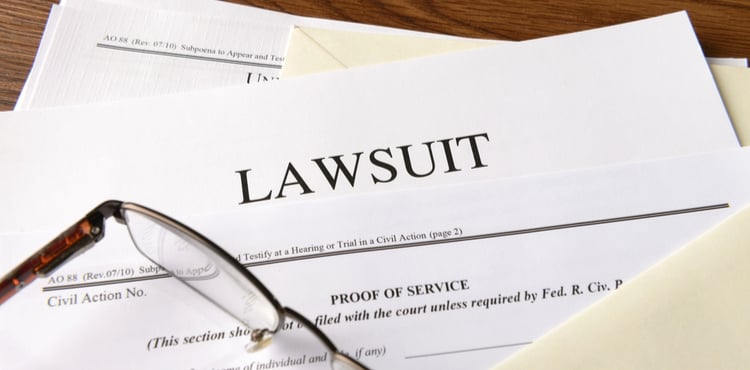How to resolve a malpractice or E&O lawsuit with mediation

What is mediation?
Mediation is a way for disputing parties (you and a client who is unhappy with your work) to reach a resolution. It’s an alternative to full-blown litigation that can save everyone a considerable amount of time and money.
It’s also less formal than litigation. While there are specific steps to follow, lawyers are generally unnecessary. Instead, a mediator is present. A mediator is an impartial third party who helps you and your client reach an agreement. Mediators do not determine who is right or wrong in a dispute. They are simply there to assist.
Mediation can be suggested before or after an errors and omissions lawsuit has been filed. A judge may even order you and your client to try mediation before the case can go to trial. Because you can't always count on a judge to do that, you should at least try to put this option on the table.
To help steer your client toward mediation, emphasize all the benefits, which we outline below.
How small business owners and their clients benefit from mediation
Mediation tends to benefit both small business owners and the unhappy party by…
Saving time. Generally speaking, mediation can resolve most issues in a day or less. If the dispute is complex, mediation might take several days. Additionally, mediation can usually begin within a few weeks of requesting the meeting. Lawsuits can take months – even years – to go to trial.
Cutting costs. You and your client will split the cost of hiring a professional mediator. There are some nonprofit organizations that offer mediation services for a very low fee. Other professional mediators may charge by the hour. For example, a typical mediator might charge $250 an hour plus a $250 administrative fee. If your mediation took four hours, both you and the other party would pay only $625 – much less than weeks upon weeks of legal counsel. Remember, even dropped or settled claims can cost thousands of dollars in attorney’s fees. A full-blown trial can easily set you back $100,000 or more.
Salvaging the relationship. Unlike a trial, there is no “winner” or “loser” in mediation. Mediation is simply a way for two parties to decide how to resolve an issue. There is no threat that a jury is going to punish one party with a huge judgment. Both parties get the chance to voice their concerns, which can provide valuable insight and prompt practical solutions. That’s why mediation is a good way to settle disagreements with people you still want in your life. A pet sitter may encourage an unhappy client to mediate because she genuinely likes her client and wants to keep their business.
Maintaining your privacy. What happens in the mediation room must legally stay in the mediation room. Anything said during mediation can't be used in court. Compare that to a trial, where details about the case are eventually disclosed to the public. Depending on the situation, local media could even report on your lawsuit. But mediation is a relatively quiet affair. And because the process is designed to be as diplomatic and mutually beneficial as possible, there is less of a chance that this dispute will hurt your public image.
The best part? Mediation expenses can usually be covered by your errors and omissions insurance policy. But because mediation is relatively inexpensive, some small business owners won’t need to file a claim with their insurance and risk raising their premiums.
What is the difference between mediation and arbitration?
Arbitration is another way to resolve disputes outside of a courtroom, but it is distinct from mediation in several ways. For one thing, it’s more formal than mediation (though less formal than a lawsuit). An arbitrator (a neutral third party) listens to arguments from both sides, reviews the evidence, and then comes to a decision about the dispute. A mediator simply facilitates the discussion between feuding parties.
Businesses frequently write arbitration clauses into their contracts. For an example, a contractor may include an arbitration clause in client contracts that says any disputes must be arbitrated. If a client signs the contract, they forfeit their right to sue or appeal the arbitrator's decision. Arbitration tends to cost more than mediation but less than a lawsuit. Your E&O policy will likely cover the cost of arbitration, too.
Compare quotes from trusted carriers with Insureon
Complete Insureon’s easy online application today to compare quotes for errors and omissions and other kinds of insurance from top-rated U.S. carriers. Once you find the right policy, you can begin coverage in less than 24 hours.
